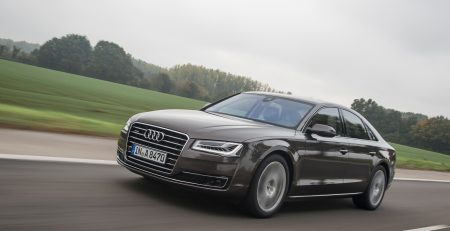London announced a T-charge from late 2017 for Euro 4 (EU4) vehicles, while Stuttgart banned Euro 5 too. Will London step u read more
How your occupation can affect the cost of car insurance
Unsurprisingly, careers that involve driving regularly or carrying passengers as part of the job role can have a huge impact on the cost of your car insurance premium.
Each occupation typically has a set rate agreed by the insurer, which is calculated based on risk pricing. Risk pricing is used by insurers to evaluate the cost of taking on a high or low risk.
Those with certain occupations, such as sportsmen and women, funfair employees and motor racing drivers, will pay for a more expensive insurance premium.
The likes of headteachers, magistrates and state enrolled nurses can enjoy cheaper car insurance costs.
There are three cost brackets when it comes to measuring how your premiums can be affected by your occupation. These are:
Level 1 - covers work-related travel, such as driving to work sites.
Level 2 - covers having a second named driver.
Level 3 - covers a full business purpose license of the kind delivery drivers, door-to-door salespeople and vets might need.
You are required to inform your car insurance provider if your job requires you to use your personal vehicle while working.
Even the exact name of your job role could have an affect on insurance costs, with the price being higher for someone who is known as a 'chef' compared to a 'kitchen worker'.
Lying about what you do for a living when applying for car finance would make the application void. However, most people fall into a trap of overpaying for their job title.
Get a GAP Insurance quote
A lot of jobs have more than one description. For example, you could call yourself a builder if you are a bricklayer, as you are tweaking your job title but still telling the truth.
When applying for car insurance it is worth using a variety of different names for your job role in order to find which will result in the cheapest quote. Are you a waiter or a cafe worker, a machinist or a factory worker, a building or a bricklayer?




